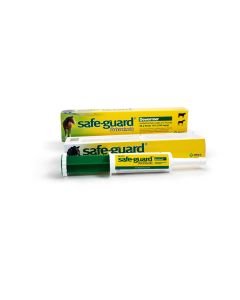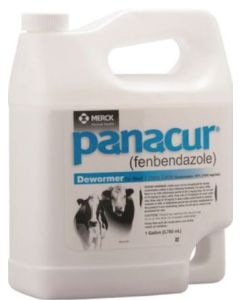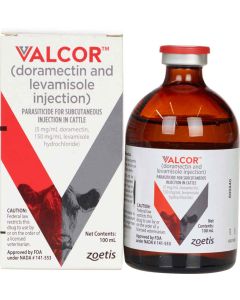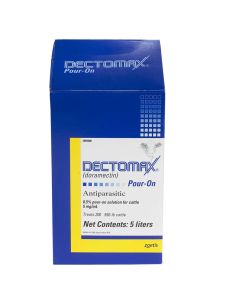Deworming medications, also known as anthelmintics, are medications that are used to control or eliminate parasites, such as worms, in beef cattle. These parasites can cause a variety of problems, including reduced weight gain, decreased milk production, and reduced overall productivity. Regular deworming can help to prevent these problems and maintain the health and productivity of the animal.
There are several different types of deworming medications available for use in beef cattle, including:
- Benzimidazoles:
Benzimidazoles are a class of medications that are used to control or eliminate parasites, such as worms, in animals. These medications work by inhibiting the production of proteins in the parasites, which leads to the death of the parasites. Benzimidazoles are broad-spectrum anthelmintics, which means that they are effective against a wide range of parasites.
Some common benzimidazoles used in veterinary medicine include:
-
Fenbendazole: Fenbendazole is a broad-spectrum anthelmintic that is effective against a wide range of parasites, including roundworms, tapeworms, and lungworms. It is commonly used in the treatment of parasitic infections in dogs, cats, and livestock.
-
Albendazole: Albendazole is a broad-spectrum anthelmintic that is effective against a wide range of parasites, including roundworms, tapeworms, and lungworms. It is commonly used in the treatment of parasitic infections in humans and animals.
-
- Levamisole:
Levamisole is a medication that is used to control or eliminate parasites, such as worms, in animals. It is a broad-spectrum anthelmintic, which means that it is effective against a wide range of parasites. Levamisole works by disrupting the function of the parasites' nervous system, which leads to the death of the parasites. Levamisole is commonly used in the treatment of parasitic infections in livestock, such as cattle, sheep, and goats. It is also sometimes used in the treatment of parasitic infections in dogs and cats.
- Macrocyclic lactones:
Macrocyclic lactones are a class of medications that are used to control or eliminate parasites, such as worms, in animals. These medications work by disrupting the function of the parasites' nervous system, which leads to the death of the parasites. Macrocyclic lactones are broad-spectrum anthelmintics, which means that they are effective against a wide range of parasites.
Some common macrocyclic lactones used in veterinary medicine include:
-
Ivermectin: Ivermectin is a broad-spectrum anthelmintic that is effective against a wide range of parasites, including roundworms, tapeworms, and lungworms. It is commonly used in the treatment of parasitic infections in dogs, cats, and livestock.
-
Moxidectin: Moxidectin is a broad-spectrum anthelmintic that is effective against a wide range of parasites, including roundworms, tapeworms, and lungworms. It is commonly used in the treatment of parasitic infections in livestock and dogs.
-
- Avermectins:
Avermectins are a class of medications that are used to control or eliminate parasites, such as worms, in animals. These medications work by disrupting the function of the parasites' nervous system, which leads to the death of the parasites. Avermectins are broad-spectrum anthelmintics, which means that they are effective against a wide range of parasites.
Some common avermectins used in veterinary medicine include:
-
Eprinomectin: Eprinomectin is a broad-spectrum anthelmintic that is effective against a wide range of parasites, including roundworms, tapeworms, and lungworms. It is commonly used in the treatment of parasitic infections in livestock and dogs.
-
Doramectin: Doramectin is a broad-spectrum anthelmintic that is effective against a wide range of parasites, including roundworms, tapeworms, and lungworms. It is commonly used in the treatment of parasitic infections in livestock and dogs.
-
Deworming medications should be administered carefully and under the guidance of a veterinarian or other animal health professional. It is important to use the appropriate type and dosage of deworming medication to ensure that the animal is effectively treated and to avoid any potential complications. In addition, it is important to follow the manufacturer's instructions carefully and to use the medication in accordance with any local regulations.

![Merck Panacur Suspension Dewormer [1000 mL]](https://www.armoranimalhealth.com/media/catalog/product/cache/e914555b100ef56353ce6dd3a88e0faa/1/5/15-panacur_1_liter_suspension_front.jpg)



